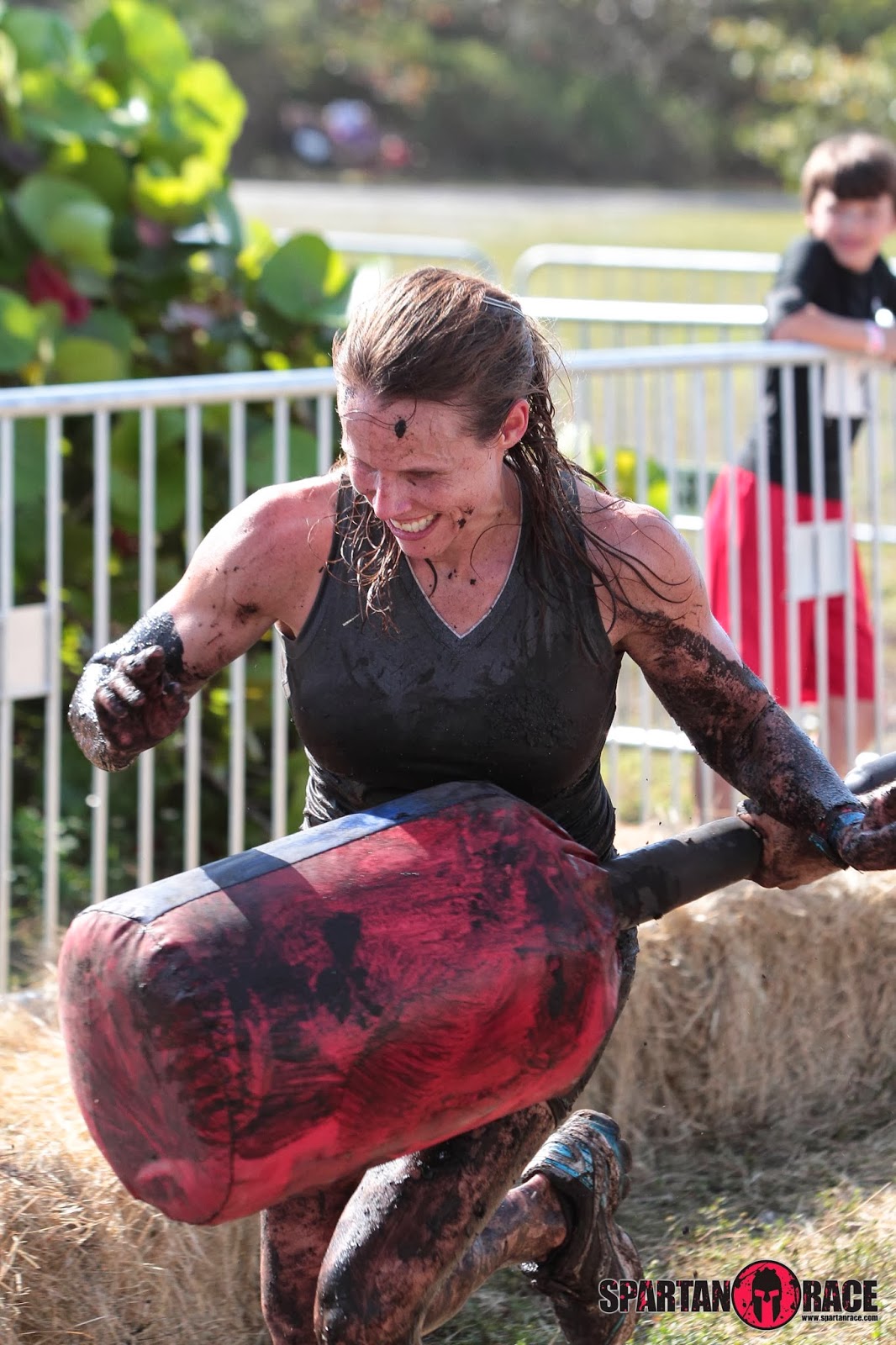The Fortuitous Flow State
 |
| First. |
If you listen to athletes talk about it, it can sound more like a mythical creature than an actual state. The phrase became such a buzzword for awhile (maybe just in natural health, fitness and running podcast circles) that I had to stop listening to or reading anything involving those words.
If you want some particulars about the flow state, I'll send you to Huffington Post or Psychology Today for articles on it. Basically, the flow state is a period of time where one is so absorbed in the moment that they lose all track of time passing, feel completely calm and at peace, and continue to successfully complete a task at hand. People also refer to it as being in the zone.
From the first time I heard it described, I realized that all attempts to enter into a flow state would be stressful and, therefore, counterproductive to finding that state of stress-freedom. Because I'm the kind of person who would totally obsess about it: "Am I in a flow state now? How 'bout now? Maybe NOW?"
It wasn't until after running the Dunes 50 mile race and having people ask me about it that I realized that I had actually found and experienced the flow state. And it really was quite magical, but ordinary at the same time. Magical because there's no other word that can explain the fact that I can describe running 50 miles (over 10 hours) as "the perfect day." Ordinary because I didn't do anything extraordinary to bring on the flow. It just happened. But that's not much help if I ever hope to recreate that glorious state again, so I'll attempt to record what I believe contributed to such a perfect race day.
SOLID TRAINING:
For sure a key for me in the 50 mile was being very well-trained. I really didn't know how my body would respond to 50 miles. During my 50k, I remember seeing the turn-off for the 50 mile and thinking, "There's no way I could do 50 miles." But it really is relative. A half-marathon seems impossible if you've only ever run a 5k. Then you train for it and crush it.
 |
| Early in the race. |
PURPOSE:
During the race, I kept my mind occupied with my Why. I thought about my Granny, who recently has had a few falls and doesn't get around like she once did. I ran for her. I thought about my students, one of whom was enduring bootcamp. I ran for him. I thought about my sister. I ran for her. I thought about my nephews, my hero-mom, my husband, my sons. I ran for them. (I also thought about the various foods I might be eating once I finished, and that was a big help, too.)
MENTAL FOCUS:
One factor that I first thought strange, but later proved to greatly help was the lack of mile markers. The only way I had to mark time or distance was to watch my non-fancy Timex watch. I planned to eat (drink my Generation UCan) every 45 minutes. Distance was only marked by Aid Stations. This helped me NOT obsess about how many miles I had gone (or not gone yet).
 |
| Later in the race. |
I like to trick myself and play mind games on my runs. The course was a lollipop (out and back, with a little loop at the mid point), which we did twice for the 50. On the first time out, my focus was, "This isn't too bad. AT ALL." This thought helped me especially on the sand dunes. I focused on, "I only have to come through here one more time."
Every so often I would replay my strategy: drink water and UCan every 45 minutes; don't stop at the aid stations except to refill my ice bag and water, and to grab some potato chips.
It can be helpful to have a mantra (just a short phrase that's repeated to bring powerful thoughts and focus). Mine was often just repeating "15, 15, 15..." or "30, 30, 30..." or whichever minute I needed to hit on my watch for my next time to fuel. Pretty lame, really. But I know I missed at least one fueling time (numbers just aren't my thing!). I also often use the phrase, "Strong legs." Again, pretty basic and lame. But it causes my thoughts to turn to the hours of training I've put in. I allow myself to be a little cocky at this point, telling myself that those other ladies on the course may have logged more miles than me, but NO ONE has done more squats, deadlifts, and sled pushes to build leg strength than me. Another favorite mantra is the line from Robert Frost's poem, "Stopping by the Woods on a Snowy Evening"-- And miles to go before I sleep.
DISTRACTION:
 |
| An emotional finish. |
 |
| Great race directors! |
Finding the Flow State is really about just being present and finding joy in the struggle. The body is working, but it's doing what it was trained to do. When you can embrace that and be that, you can easily slip into Flow.


Comments
Post a Comment